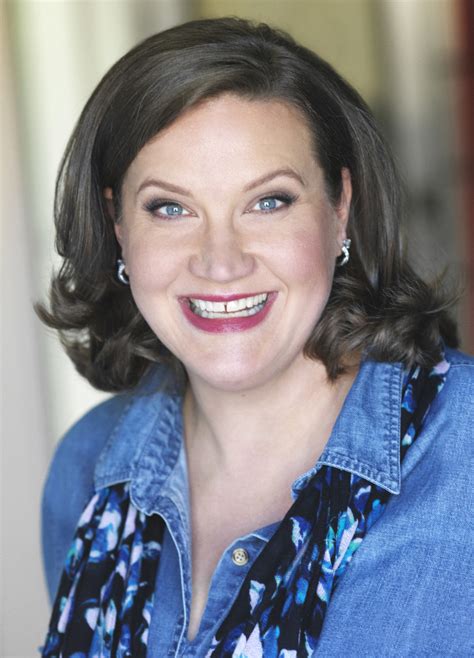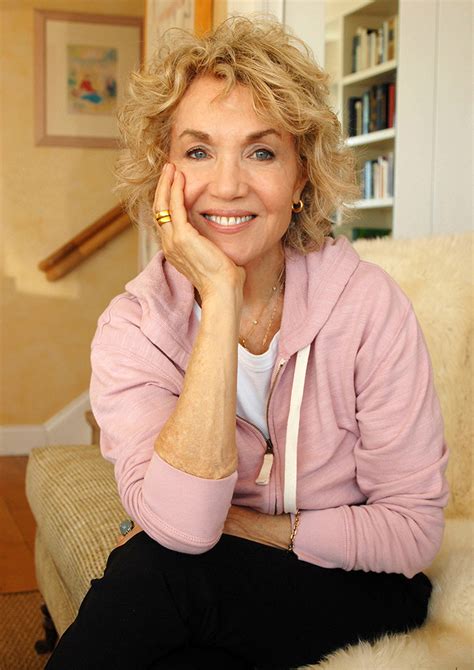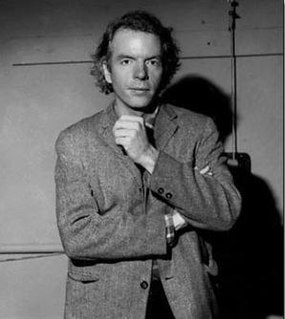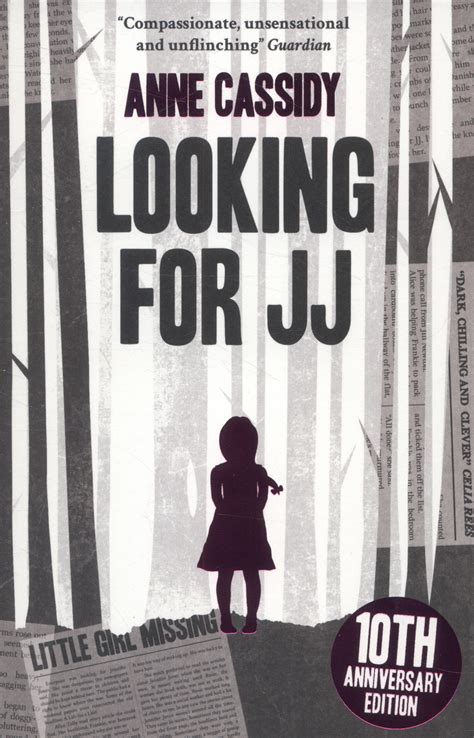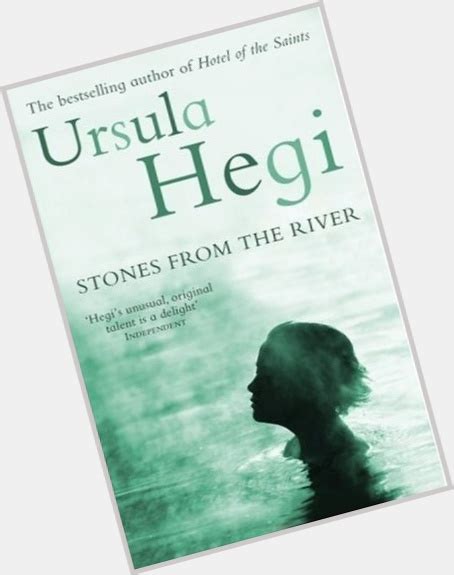A Quote by Eleanor Brown
There is much made in the psychological literature of the effects of divorce on children, particularly as it comes to their own marriages, lo those many years later. We have always wondered why there is not more research done on the children of happy marriages. Our parents' love is not some grand passion, there are no swoons of lust, no ball gowns and tuxedos, but here is the truth: they have not spent a night apart since the day they married.How can we ever hope to find a love to live up to that?
Quote Topics
Always
Apart
Ball
Children
Day
Divorce
Done
Effects
Ever
Find
Gowns
Grand
Happy
Happy Marriage
Hope
How
Later
Literature
Live
Love
Love Is
Lust
Made
Many
Marriages
Married
More
Much
Night
Our
Own
Parents
Particularly
Passion
Psychological
Research
Since
Some
Spent
Those
Truth
Tuxedos
Up
Why
Wondered
Years
Related Quotes
Married women are far more depressed than married men - in unhappy marriages, three times more; and - interestingly - in happy marriages, five times more. In truth, it is men who are thriving in marriage, now as always, and who show symptoms of psychological and physical distress outside it. Not only their emotional well-being but their very lives, some studies say, depend on being married!
So often times we see these films that erode human dignity...films that deny the transcendent moral order of the moral universe. They're always eroding natural affections for families. Fathers betray their commitments, children's are always portrayed as brats and disobedient, marriages are always in crisis and struggle. I think (for) most of us, that's not the lives we live. We're always being challenged, we always have challenges but we love our families, we love our spouse, we love our children.
There are many things children accept as "grown-up things" over when they have no control and for which they have no responsibility--for instance, weddings, having babies, buying houses, and driving cars. Parents who are separating really need to help their children put divorce on that grown-up list, so that children do not see themselves as the cause of their parents' decision to live apart.
For a wonderful physical tie binds the parents to the children; and - by some sad, strange irony - it does not bind us children to our parents. For if it did, if we could answer their love not with gratitude but with equal love, life would lose much of its pathos and much of its squalor, and we might be wonderfully happy.
When I was in therapy about two years ago, one day I noticed that I hadn't had any children. And I like children at a distance. I wondered if I'd like them up close. I wondered why I didn't have any. I wondered if it was a mistake, or if I'd done it on purpose, or what. And I noticed my therapist didn't have any children either. He had pictures of his cats on the wall. Framed.
Why did I not die? More miserable than man ever was before, why did I not sink into forgetfulness and rest? Death snatches away many blooming children, the only hopes of their doting parents: how many brides and youthful lovers have been one day in the bloom of health and hope, and the next a prey for worms and the decay of the tomb! Of what materials was I made, that I could thus resist so many shocks, which, like the turning of the wheel, continually renewed the torture? But I was doomed to live.
Children who are brought up with one parent or another parent or shared parenthood, when there has been a divorce and hatred within families, it breeds a tremendous amount of instability in the life of a child. And many of these children end up in the homosexual movement. Even if they don't, they take so much baggage into their marriages, that they are unable sometimes, at least theoretically unable, to stand against all of the cultural forces that would disrupt them and their families.
I was really interested in how marriages work, how you can, you know, be in love with somebody and spend many years with your lives intertwined, but in the end another soul can be fundamentally unknowable. And I think that the stress of war, when one party goes away and the other has to deal at home, is a really testing time in a lot of marriages.
There is no denying that unhappiness - even violence - exists in some arranged marriages. Or that some arranged marriages are borne out of cruelty. And part of that six percent global divorce rate can be attributed to the powerful stigma against divorce that's present in countries where arranged marriage is common.
My father was married to mother 'til the day he died, for over 64 years. He's why I kept trying to get the marriage thing right. All I knew growing up was that my father was married to and loved my momma, period. He worked hard, made some money, and put it on the dresser. She spent it on the family, and he went out and earned some more. He taught me the most about love.
